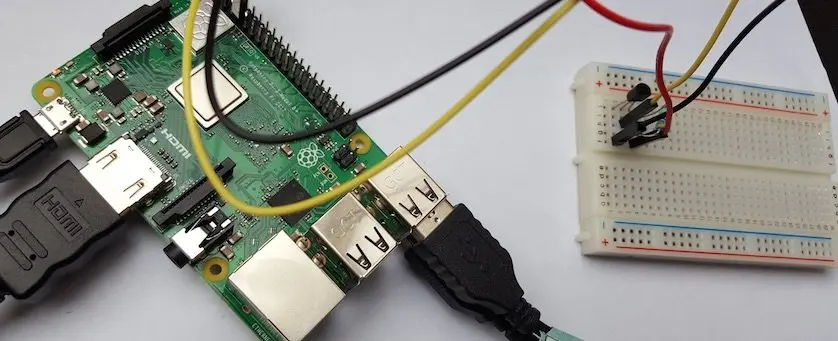In a world where innovation drives success, Intellectual Property (IP) is essential for protecting your ideas,
technologies, and creations. Whether you're a tech entrepreneur launching a startup, an investor looking to secure
valuable assets, or an inventor with a groundbreaking idea, having a solid IP strategy can mean the difference
between market leadership and losing control of your invention.
This page covers many things you need to know about patents, copyrights, trademarks, and trade secrets. Learn how to
protect, monetize, and strategically manage IP to gain a competitive edge and avoid legal pitfalls.
- How do you apply for a patent?
- What's the difference between copyright and trademark protection?
- Smart IP strategies for startups, investors, and inventors
Whether you're an inventor with a world-changing innovation looking to launch a tech startup or someone seeking to sell
their invention to the right buyer, a strong IP strategy is key to unlocking its full potential.
Below, you'll find articles that provide insights and guidance to help you navigate the world of intellectual property.

Applying for a patent can be a powerful way to protect your invention, but is it always the right choice?
Understanding the patent process, eligibility requirements, and potential drawbacks is crucial before making a
decision.
If you've developed an innovative product or technology, you're likely thinking about how to bring it to
market—whether by launching a startup, licensing your idea, or attracting investors. While patents can provide
exclusive rights and competitive advantages, they also require time, effort, and financial investment. In some
cases, alternative intellectual property strategies may be more effective.
Want to know if a patent is the right path for your innovation? Learn more about how to apply, when it makes sense,
and what to consider before filing.

The longstanding dispute between Apple and the medical technology company Masimo
over a potential infringement by Apple on a Masimo patent, claiming that the patented technology is being used
in Apple Watches without permission. Why are these companies engaged in such a significant battle involving
their patents? It's expected that these watches, capable of measuring vital functions at home, will play a
crucial role in monitoring one's health without the need for a doctor and automatically transmitting medical
data to, for instance, a local healthcare center or a hospital. This kind of technology is anticipated to be
highly significant in the shift toward an enormous market...

Is it possible for a monkey to obtain copyright on a selfie it took itself? Almost everyone who regularly surfs the
internet and social media has seen the above selfie of the monkey and had a good laugh about it. The creature had
grabbed someone's camera, put on its most charming smile, and taken the above photo. Nice story. But, as is often
the case with too good stories, it also went a bit differently in this case, and this monkey business also had a
legal sequel regarding the copyright on the selfie. Twice there have been lawsuits over the copyright of the
monkey's selfie. How does this work?...

Several times, Theo Tempels, the inventor of the notch in the rusk, has faced legal challenges as companies
questioned the validity of his patent when they wanted to apply the notch in their products. The legal requirement
of inventiveness of the invention described in the patent, in particular, was also called into question. Yet again, the court ruled in favor of the
inventor....

Bringing a disruptive idea to market, like Jan Sloot's extraordinary invention which is told in this page, involves both
incredible opportunities and significant risks. The Sloot story vividly illustrates the challenges of maintaining
secrecy while pursuing development and partnerships. From navigating confidentiality agreements to securing patents,
there are clear steps every inventor can take to avoid pitfalls and maximize their invention's value...














